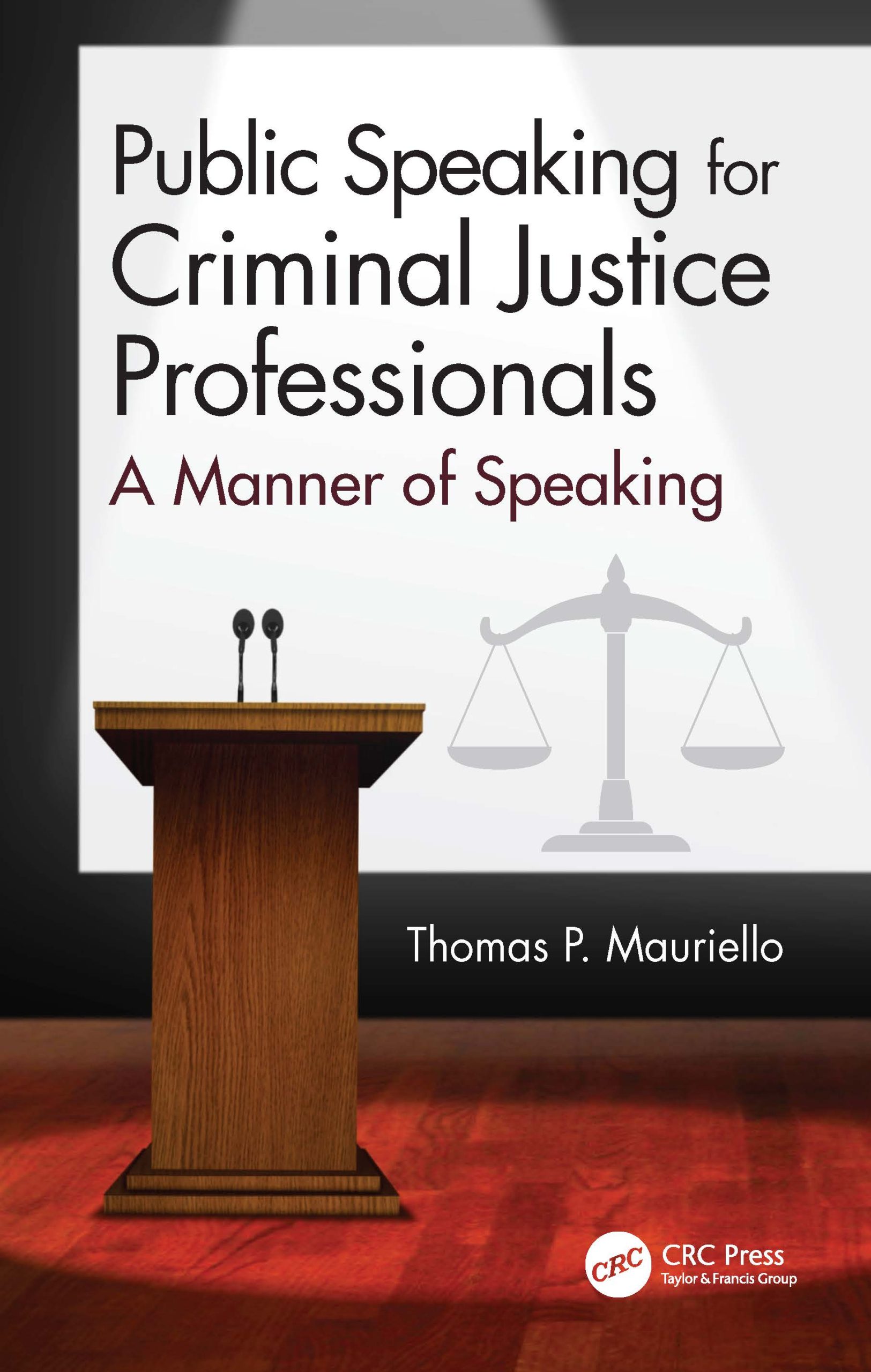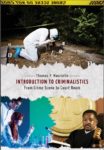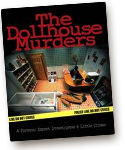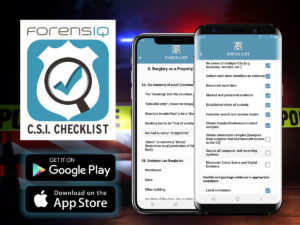ForensicWeek.com Topic this Week – Science of Forensic Botany
ForensicWeek.com is airing Episode 50 this Thursday, February 13, 2014 at 7:00 PM (EST). The topic for discussion is Forensic Botany. Their special guest, Dr. Jane Bock, a forensic botanist, expert witness and researcher from Colorado. From looking at last meal evidence to disturbances from a burial site, plant material can provide great insight to an investigation that many times is overlooked. So join host, Tom Mauriello and his student interns, LIVE and archived on www.ForensicWeek.com.
Collecting Footwear and Tire Impressions in Snow
On March 1, 2014, Lesley Hammer, a Forensic Footwear Examiner and Senior Crime Scene Analyst at the State of Alaska Crime Lab, and James Wolfe, a Police Instructor and adjunct faculty member for the University of Alaska, will host a LIVE stream presentation entitled “Collecting Footwear and Tire Impressions in Snow” which will contain vital information helpful to Evidence Collectors, Law Enforcement Officers, and Forensic Professionals.
Snow impressions can provide extremely valuable evidence in helping resolve criminal investigations; however, photographing and obtaining a cast of a snow impression is often a challenge for the crime scene examiner. In their presentation, Lesley Hammer and James Wolfe will review and discuss techniques for photographing and casting snow impressions found at the crime scene.
Both the type of snow and weather conditions can be imperative in determining which casting technique to use. Therefore, Hammer and Wolfe will examine methods for utilizing dental stone, fast setting plaster, and sulfur cement casting of snow impressions in order to demonstrate when and where each method is most effective.
To obtain more information or to register for this free online web event click here!
[Abstract written by Noel Andres, ForensIQ Intern, 020614]
Free Forensic Science and Investigation Training Courses Provided by NIJ & Associates
The National Institute of Justice (NIJ), together with RTI International, The National Forensic Science Technology Center, The National Academy of Medical Examiners, and West Virginia University, offer a variety of free courses and training which can be beneficial to both criminal justice professionals and the general public. A comprehensive list can be obtained at the NIJ main website and although many courses are in the areas of corrections, law enforcement, and courts and courtrooms, a vast majority is in the field of forensics.
Forensic course topics include but are not limited to: Bloodborne Pathogen Training, Bloodstain Pattern Analysis, Crime Scene and DNA Basics, Crime Scene Investigation, DNA Extraction and Quantitation, Firearms and Toolmarks Identification, Firearms Examiner Training, Fingerprint Identification, Forensic Anthropology, Ethics of Forensic Science, Integrated Ballistic Identification System (IBIS), Shooting Reconstruction, Toxicology, and Questioned Document Identification.
The process of registering for these courses is simple and easy. Each course requires the user to have a separate Login and ID. Once this information is obtained the user must navigate, conveniently at his or her own pace, through the entire online self-paced module or recorded session in order to obtain a Certificate of Completion or other accreditation.
Take advantage of this opportunity and register for any and all the courses that interest you! Remember that both these courses and trainings are not only free to public safety employees but many are also free for the general public. Navigate through each module or recorded session and expand your knowledge in the fields of corrections, forensics, law enforcement, and courts and courtrooms!
Click here for the NIJ main website and a list of all the courses!
[Abstract written by Noel Andres, ForensIQ Intern, 0206114]
Digitally Autopsy as an Option
Matt Chandran, a Malaysian entrepreneur, wants to replace the traditional way of performing an autopsy with digital scanning. This could quicken the process and deal with problems such as “religious sensibilities”. Chandran talks about the huge number of autopsies performed each year. Out of 70 million deaths each year around a tenth of those require an autopsy. Because of this number he sees this digital approach as a service. Chandran wants to remove the distaste of autopsies by using 3D imaging software that won’t require a scalpel. These digital autopsies can make it easier to identify fractures or foreign objects like bullets. Not requiring a traditionally invasive autopsy could be a big advantage. Chandran would like to commercialize this service and have it available to families who would like another option besides the traditional autopsy. Though there are skeptics who think that this digital autopsy won’t be able to replace the traditional way it is certainly a step towards the future.
The real problem for the United States Justice System is that the defense will always question whether not conducting a physical examination could miss valuable information not recorded with a virtual scan.
Click here and view the article.
Citation:
Wagstaff, J. Reuters. Sliced and diced, digitally: autopsy as a service. Retrieved January 4th, 2014 from http://www.reuters.com/article/2013/08/20/us-autopsies-digital-idUSBRE97J0XB20130820
[Abstract written by Alicia Terrell, ForensIQ Intern, 020614]
New Technique for Analyzing Lipstick Evidence
For forensic investigators the issue of contamination is continually present. One concern is trying to analyze lipstick on objects such as glasses, tissues, or cigarette butts without compromising the evidence. A study done by forensic scientists at the University of Kent found a way to identify lipstick without having to even touch it. The technique they use is called Raman spectroscopy. This technique gives the lipstick a “characteristic vibrational fingerprint“ that can be compared to other assorted lipsticks. This development could also give way to other cosmetic evidence.
Click here to view the entire article and learn more.
Citation:
Univ. of Kent. Forensic Magazine. New Forensic Technique for Analyzing Lipstick Traces. Retrieved January 4, 2014 from http://www.forensicmag.com/news/2013/08/new-forensic-technique-analyzing-lipstick-traces#.UvGEKHnyBg0
[Abstract written by Alicia Terrell, ForensIQ Intern, 020614]
A New Software for Skull Identification
In the world of criminal investigation there are several forensic databases for trying to identify a person based on information such as fingerprints or DNA. But Ann Ross at North Carolina State University sees a future in similar software for skulls. Ross and her colleagues have created a software that compares digital scans of unidentified skulls to a database of other skulls. This software could help identify characteristics such as race or ethnicity. Ross speaks of how this could help with undocumented individuals or victims of natural disasters. The best part is Ross is providing this service for free. The only problem Ross and her colleagues are faced with is getting their hands on as many skulls as they can to further their database.
Click here to view the article.
Citation:
Bittle, J. The Week. The secret language of skulls. Retreived January 4, 2014 from http://theweek.com/article/index/255311/the-secret-language-of-skulls
[Abstract written by Alicia Terrell, ForensIQ Intern, 020614]
Preserving Crime Scene Integrity
When it comes to investigations, one of the most crucial and important elements of the entire process is that of crime scene integrity. Another words, has the crime scene or the evidence at the scene been compromised? Because of this, it is absolutely imperative for those examining the crime scene to take all necessary and even unnecessary steps to ensure that the crime scene remains as undisturbed and true to the crime as possible. This article presents various ways that this may be achieved.
Click here to view this article.
[Abstract written by Walter Tates, ForensIQ Intern, 020614]
Advances in Facial Recognition Software
Facial recognition software is not a new concept, nor is it new technology. However, like many technologies, in its early stages its uses were limited because of the working capabilities of the technology. SRI (Stanford Research Institution) International has introduced what they call the IOM Passport SL System, a new, more effective way to scan multiple targets in a short period of time.
Click here to read the full article.
[Abstract written by Walter Tates, ForensIQ Intern, 020614]
President of AAFS on ForensicWeek.com
ForensicWeek.com is airing Episode 49 this Thursday, February 6, 2014 at 7:00 PM (EST). Their special guest, Dr. Barry Logan, President of The American Academy of Forensic Sciences (AAFS), the premier international forensic science professional organization in the United States and 66 other countries. The Academy offers a professional framework for education and professional development and provides a voice for the forensic sciences in policy and legal issues at the national level. Dr. Logan will be discussing the role the Academy plays to promote education for and research in the forensic sciences; to encourage the study, improve the practice, elevate the standards and advance the cause of the forensic sciences. So join host, Tom Mauriello, LIVE or archived on www.ForesnicWeek.com.
ForensicWeek.com Show – Reaches around the Globe to Australia
ForensicWeek.com is airing Episode 48 this Thursday, January 30, 2014 at 7:00 PM (EST). They are reaching around the globe to learn more about the field of Forensic Toxicology and Forensic Sciences Education by getting an expert perspective from special guest Dr. Bob Mead, Associate Professor at Murdoch University in Perth, Western Australia. Join host, Tom Mauriello and his student interns as they facilitate discussions on the evolution of Forensic Toxicology, case studies, and forensics education in Australia. Just go to www.ForensicWeek.com and be educated and entertained. Thank you for watching!
ForensicWeek.com – OPEN FORUM – Episode 47
ForensicWeek.com is airing Episode 47 this Thursday, January 23, 2014 at 7:00 PM (EST) with an OPEN FORUM Show featuring three preeminent experts in the fields of forensic science and investigations. They are author and Forensic Consultant Dr. Richard Saferstein, and retired NYPD Commanders and trainers, Joseph Giacalone and John Paolucci. Join host, Tom Mauriello and his student interns as they facilitate discussions on the evolution of DNA, expert testimony, and forensics education. Just go to www.ForensicWeek.com and be educated and entertained. Thank you for watching!
ForensicWeek.com Show – Featuring Forensic Art and Illustration
The ForensicWeek.com Show will be airing Episode 46 this Thursday, January 16, 2014 at 7:00 PM (EST). The topic is Forensic Art and Illustration with special guest, Sandra Enslow, a 20 year veteran Forensic Artist with the Los Anglos County Sheriff’s Department. Hear from an expert in the field and learn how the skills of a forensic artist can make a victim’s memory of their perpetrator become real; and the skeletal remains of an unknown come to life. Join host, Tom Mauriello, CEO, ForensIQ, Inc. and his student interns as they produce another episode of www.ForensicWeek.com.
The ForensicWeek.com Airs First Show For 2014
ForensicWeek.com is airing Episode 45 this Thursday, January 9, 2014 at 7:00 P.M. (EST). The topic, “Blood Spatter Analysis and Crime Scene Reconstruction” with special guest, NCIS Special Agent and Professor at The George Washington University, Elizabeth Toomer. Learn how crime scene blood spatter is analyzed and how it enables investigators to reconstruct the past. So join host, Tom Mauriello and his student interns and finally recognized that “blood is thicker than water.” Thank you for watching!
Technique to Lift Prints from Receipts
In the past, lifting prints from old receipts has posed a problem for forensic investigators, as the chemicals and solvents generally used to lift them would react with the paper to turn it black. Now, scientists have figured out that prints can be obtained from thermal receipt paper, a most commonly used type, using heat and blue light. “By gently heating the paper and exposing it to blue light…they can reveal the fingerprint left behind on the paper by the sweat from your fingertip”. This new development presents promise for fraud investigations.
View the article here.
Source: forensicmag.com
Citation:
Gray, R. (December 19, 2013). Forensic Magazine. Why Forensic Scientists Want to Get Their Hands on Old Receipts. Retrieved December 19, 2013 from http://www.forensicmag.com/news/2013/12/why-forensic-scientists-want-get-their-hands-old-receipts#.UrNN0WRDs3M
[Abstract written by Alex Mitzel, ForensIQ Intern]
ForensicsColleges.com names their “Top 15 CSI Professors”
University of Maryland’s Tom Mauriello is featured as one of the “Top 15 CSI Professors” in ForensicColleges.com blog. The crime scene investigator (CSI) professors on the list of top 15 come from a variety of backgrounds with many, but not all, having extensive service in law enforcement or for a police agency. Others have had interesting careers or experiences—with two on our list, yes, even being involved with underwater crime scene investigation. Who would have through a CSI career could take you there? Others have developed their own niche areas of interest or expertise. Of course, it’s hard to sum up a lifetime of experience in a short bio, but a look at our list of top 15 CSI professors can help you to decide if a CSI career, or even a specific school or program, could be right for you.






